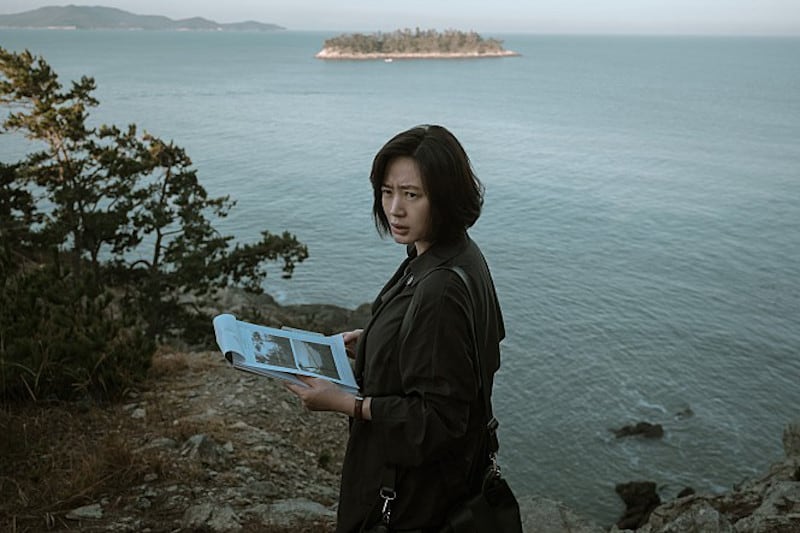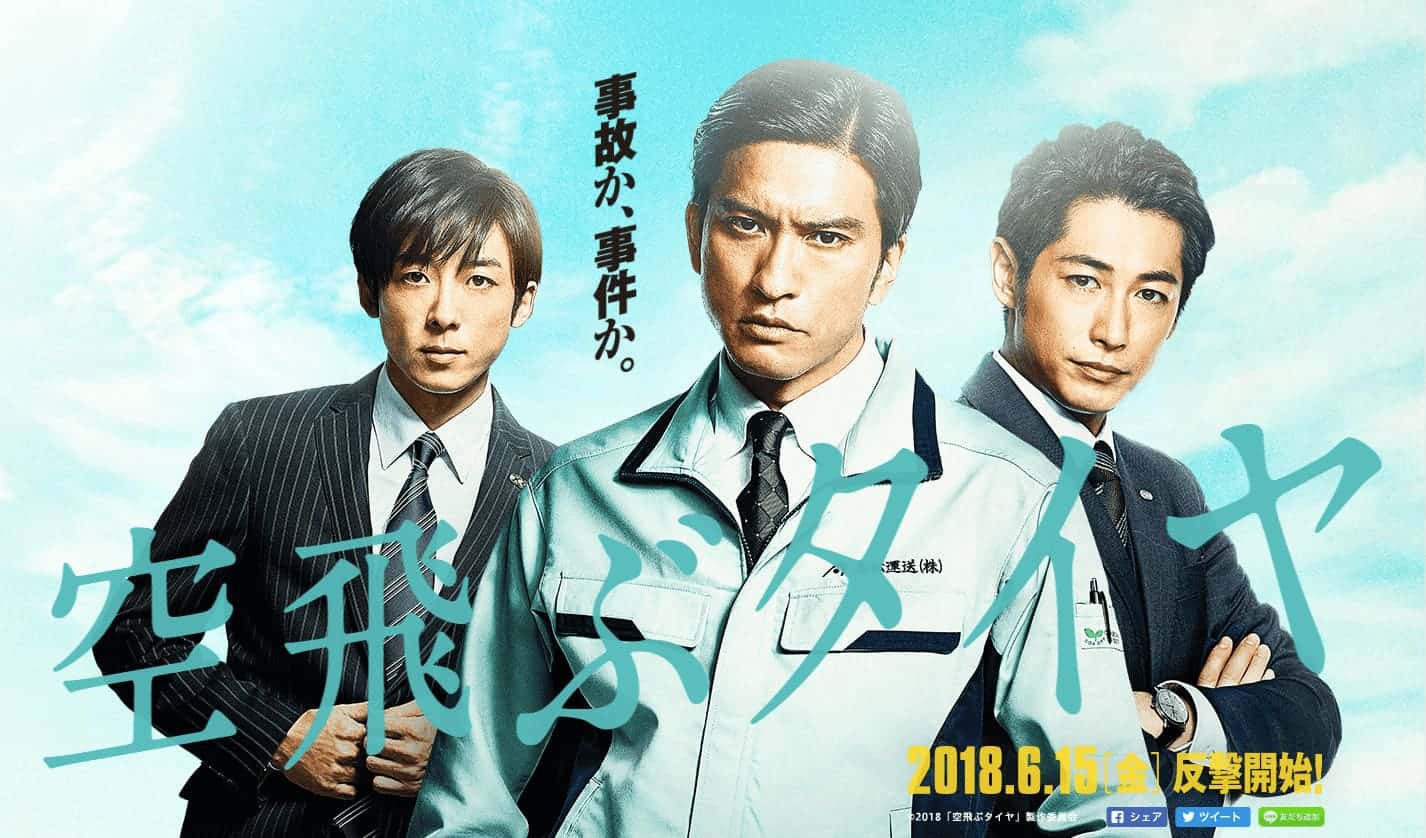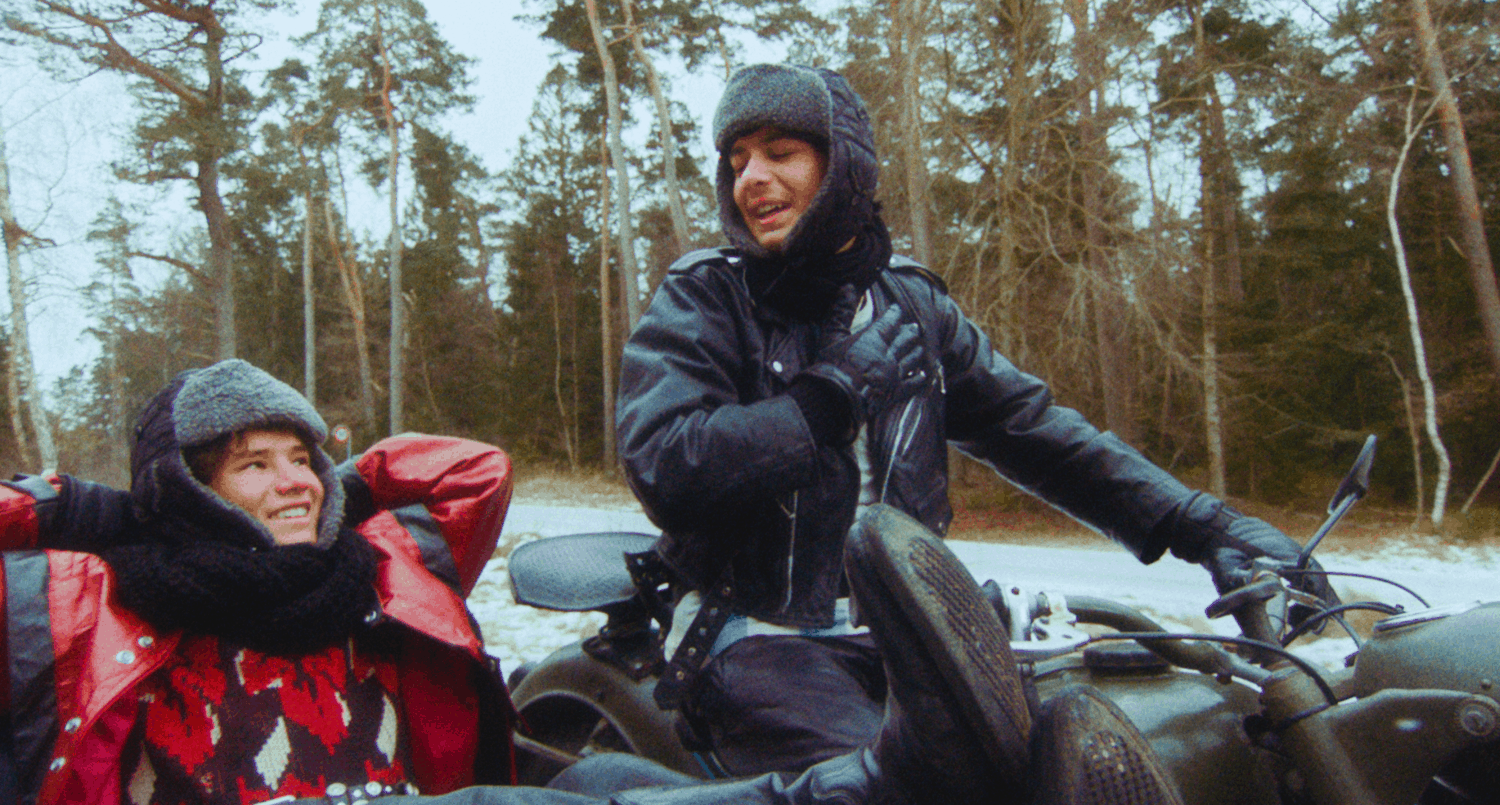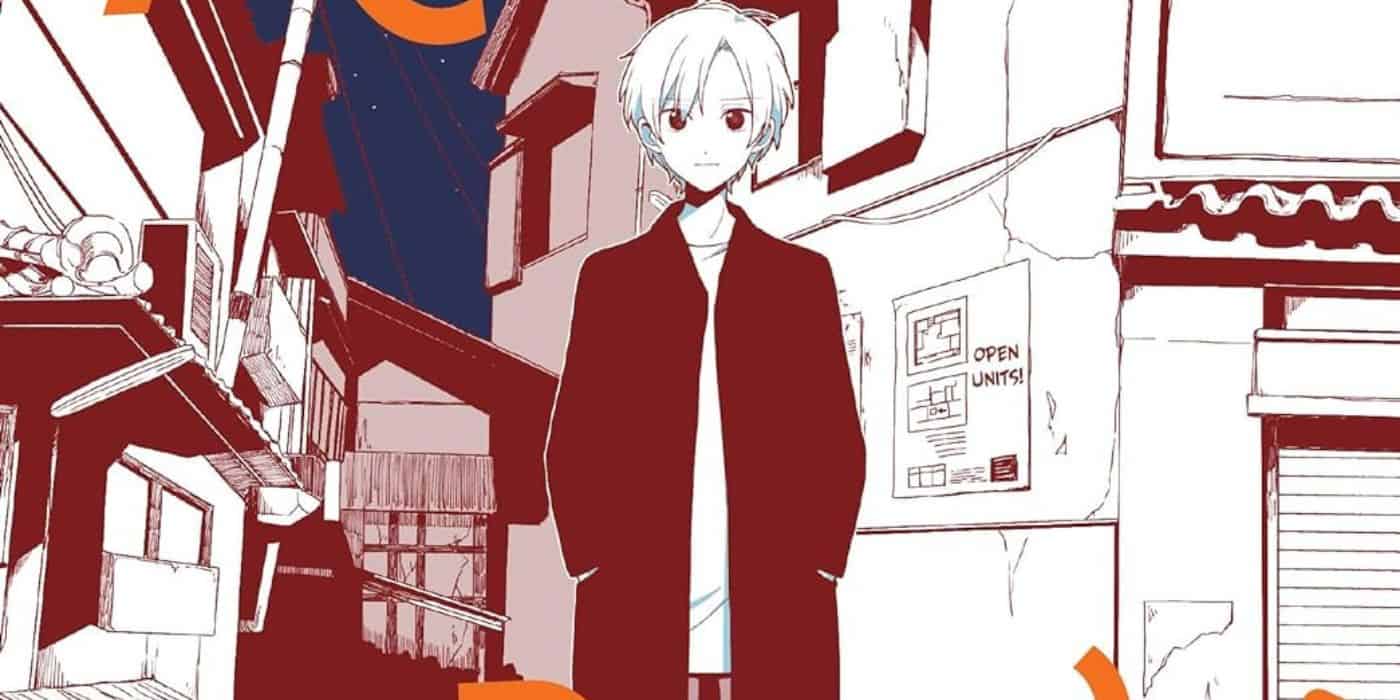The first feature film by Park Ji-Wan is part of this year's Florence Korea Film Fest. The director created with “The Day I Died: Unclosed Case” an unusually calm thriller. Her protagonist is a mature and emphatic police officer who has to close a seemingly simple case. But nothing will result as easy as her boss predicted.
“The Day I Died: Unclosed Case” is screening at the Florence Korea Film Fest
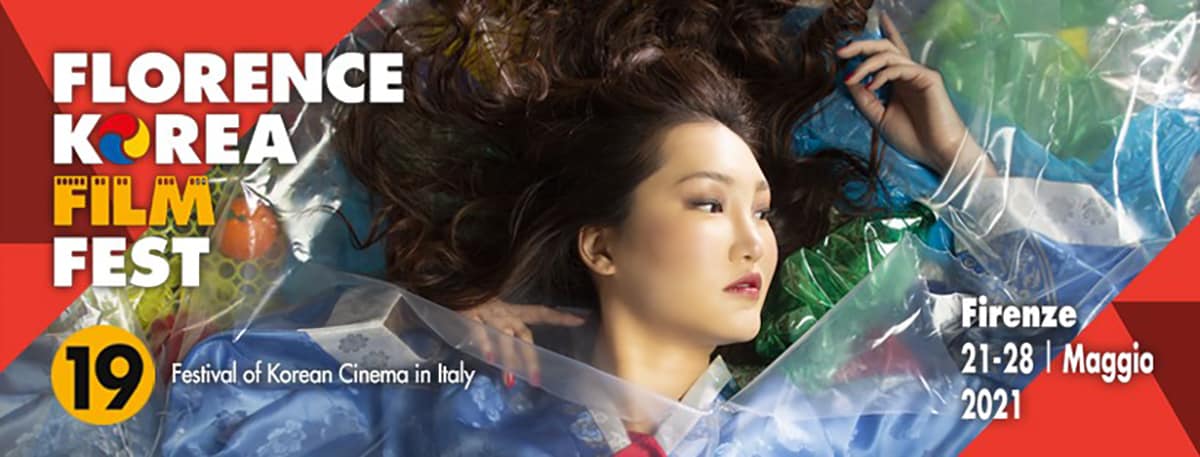
Hyeon-soo is a detective in Seoul. She is about the get back to work after a severe accident. Once back, she has to face internal investigation. At the same time, her husband is divorcing her, and he fights with dirty tricks to divert the attention from his own infidelity. Packed with this emotional baggage Hyeon-so travels to a small island where a girl went missing. Jung-Ui is a teenager living on the island isolated. She is the main witness for the fraud procedure against her father, which is the reason the police placed her here. Jung-Ui disappeared and left a suicide note. For the local agents, the case is clear: The girl jump off the cliffs. Since there was a typhoon, it seems not very strange that the body can't be found. But Hyeon-soo takes her time to look into the girl's life. She searches the house where she stayed and talks to the islanders. There are a few hints that make her hesitant to close the case quickly.
A special bond forms between victim and investigator. Hyeon-soo projects her own suffering onto the destiny of the girl. She wants persistently to find a tragedy behind her disappearance and starts to mistrust anyone involved. Her own experience with her husband still resonates in her. It's like if she can do justice to Jung-Ui she, herself, will be saved. And actually the work on the case sets something free in Hyeon-soo. She is able to sort her feelings and to decide for herself what is the most important thing to her.

Director Park creates different strong female characters. All of them have an interesting and deep personality. The viewer can't not only identify with the two protagonists, but also with the supporting roles. There is, for example, the elderly woman on the island played by Lee Jung-Eun (who has the part of the first housekeeper in “Parasite”). She can't speak, but expresses herself through mimics. In Lee's performance we see all the fear, disappointment and grief of the character.
Kim Hye-Soo is playing the police woman Hyeon-soo. She is able to give to her immense strength and fragility at the same time. Same goes with Roh Jeong-Eui who gives to Jung-Ui a certain ambiguity. Overall, the film relies on a strong and very convincing cast.
Even though the pace of the film is rather moderate, it still is suspenseful. There is room for the development of the characters and their interaction. Director Park shows with “The Day I Died: Unclosed Case” how to create an interesting story and at the same time offer a relevant and empowering contribution to social topics.
A particularly intelligent dramaturgical choice is to set the story on an island. The location brings to mind scenes from “Bedevilled” by Jang Cheol-soo. The place isn't as menacing as in Jang's horror-thriller, but still it evokes a particular atmosphere. An island and his inhabitants form their own microcosm. Some associate with it a romantic feeling, others think of it as a more incestuous and threatening sphere. In the film, there is actually a bit of both but, still, Park manages to avoid dull stereotypes. She describes the island primarily in a positive and differentiated way. The people here rely on each other, form a community. The island functions as a counterpoint and haven of tranquility compared to the city. There, in Seoul, real life rages.
On a formal level, the dialectic between rural life and urban environment is also visible. The cuts are much quicker for the scenes in Seoul than for the ones on the island. The shots are wider and embrace the landscape. Cinematographer Cho Yong-Kyu skillfully switches between the claustrophobic and more relaxed scenes that correspond to the emotional condition of the protagonists.


